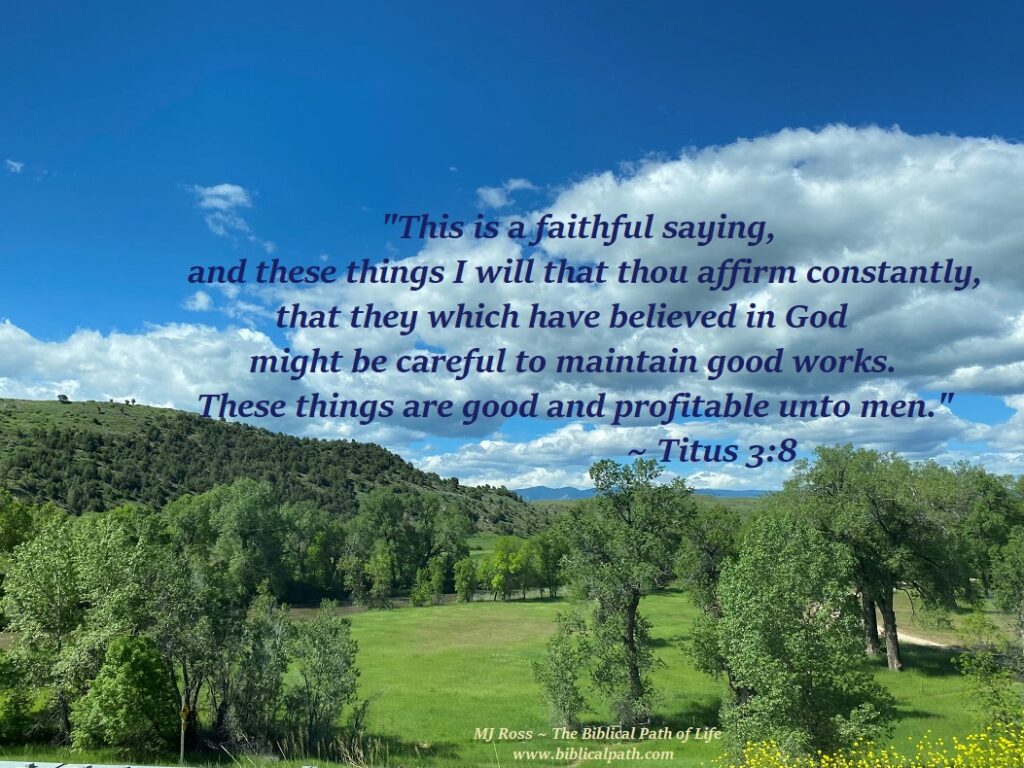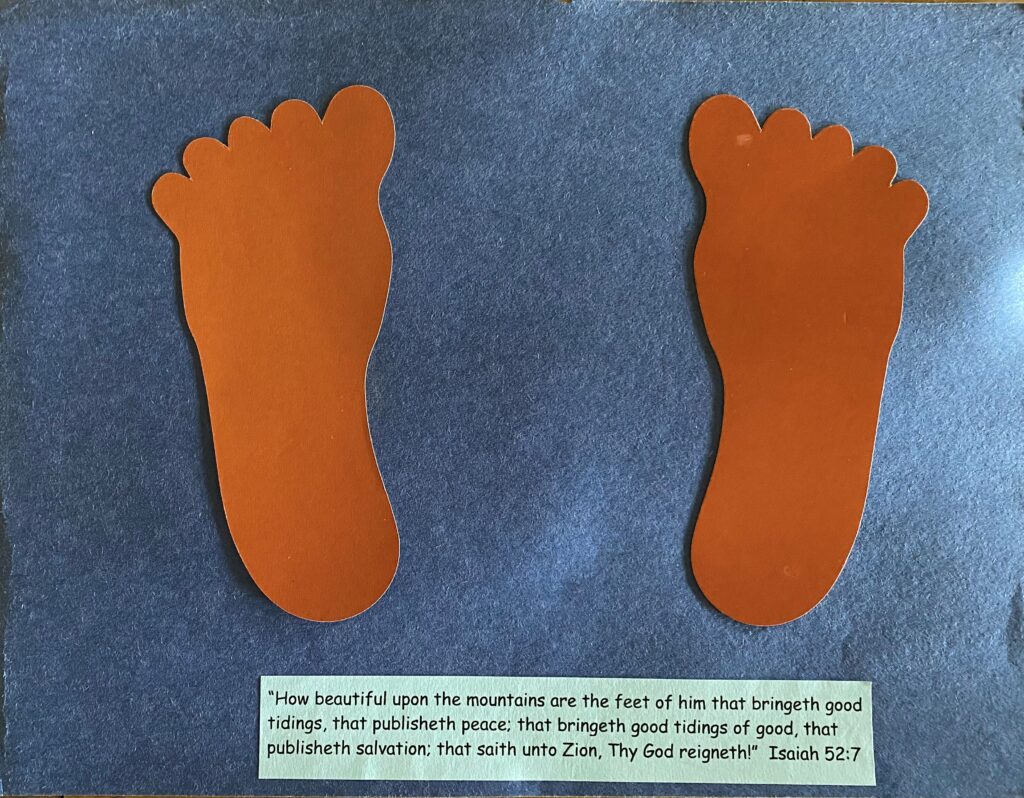
“He that hath my commandments, and keepeth them, he it is that loveth me: and he that loveth me shall be loved of my Father, and I will love him, and will manifest myself to him.”
John 14:21
In my last post, I remembered a people who had what many call a “Kadesh-barnea” moment: because God’s people refused to obey God to enter into the Promised Land, all but Joshua and Caleb over the age of twenty died in the wilderness. They never progressed into the life God had for them.
There is an even greater picture found in an individual. A woman named Ruth.
Ruth was a woman from Moab who had married into the Israelites. When her husband died, she returned with her mother-in-law, Naomi, to the land of Israel. She declared her faith in the God of Israel (see Ruth 1:16-17). The whole book of Ruth is a beautiful picture of an amazing love story – for both Ruth and Boaz. However, there is also a great picture for us that should be recognized found in the full commitment of Ruth.
Once in the land of Israel, Ruth began to live according to the Law of God’s people. Naomi immediately recognized God working in the life of Ruth (see Ruth 2). However, there was a major step that Ruth must take. Although she had moved to the land as a part of God’s people, there was something that needed to be done that could only come by a Kinsman Redeemer (Boaz). This would allow her fully live as an Israelite. Naomi, who understood God’s Law, instructed her in what she needed to do. “3. Wash thyself therefore, and anoint thee, and put thy raiment upon thee, and get thee down to the floor: but make not thyself known unto the man, until he shall have done eating and drinking. 4. And it shall be, when he lieth down, that thou shalt mark the place where he shall lie, and thou shalt go in, and uncover his feet, and lay thee down; and he will tell thee what thou shalt do” (Ruth 3:3-4). Ruth was to present herself to Boaz (much as one would propose marriage), enabling him to be able to bring her fully into the family of God’s people. Ruth had to make the first step. This is a picture of what each Christian must do in order to move forward into a full relationship with Christ. Once one has become a Christian, it is up to that person to present oneself to Christ, in order to fully live a Christ-like life (see Romans 12:1-2 as a reminder). There are four definite steps that will bring our hearts and lives to the place where we can live as Christians in this world.
Step 1: Wash thyself: Knowing God has forgiven our sin, we need to actively remove sin from our lives.
- “Draw nigh to God, and he will draw nigh to you. Cleanse your hands, ye sinners; and purify your hearts, ye double minded” (James 4:8).
- “Having therefore these promises, dearly beloved, let us cleanse ourselves from all filthiness of the flesh and spirit, perfecting holiness in the fear of God” (2 Corinthians 7:1).
- “If we confess our sins, he is faithful and just to forgive us our sins, and to cleanse us from all unrighteousness” (1 John 1:9).
Step 2: Anoint thyself: We need to remember that we have God’s Spirit within us (our anointing) and allow Him to teach us.
- “21. Now he which stablisheth us with you in Christ, and hath anointed us, is God; 22. Who hath also sealed us, and given the earnest of the Spirit in our hearts” (2 Corinthians 1:21-22). See also 1 Corinthians 2:9-11.
- “But the anointing which ye have received of him abideth in you, and ye need not that any man teach you: but as the same anointing teacheth you of all things, and is truth, and is no lie, and even as it hath taught you, ye shall abide in him” (1 John 2:27).
Step 3: Put thy raiment upon thee: Remember that we are clothed with Christ’s righteousness.
- “Even the righteousness of God which is by faith of Jesus Christ unto all and upon all them that believe: for there is no difference” (Romans 3:22).
Step 4: Get thee down to the floor: Fully commit to the Lord in every aspect of your life, understanding He will help you.
- “Let us therefore come boldly unto the throne of grace, that we may obtain mercy, and find grace to help in time of need” (Hebrews 4:16).
- “He that hath my commandments, and keepeth them, he it is that loveth me: and he that loveth me shall be loved of my Father, and I will love him, and will manifest myself to him” (John 14:21).
Too many Christians are willing to remain forever trapped in Ruth chapter two (living with only the gleanings left by others not realizing that God has so much more for them). It would make all of the difference in a Christian’s life if they would just fully commit to this new life found only in Jesus. “21. He that hath my commandments, and keepeth them, he it is that loveth me: and he that loveth me shall be loved of my Father, and I will love him, and will manifest myself to him. 22. Judas saith unto him, not Iscariot, Lord, how is it that thou wilt manifest thyself unto us, and not unto the world? 23. Jesus answered and said unto him, If a man love me, he will keep my words: and my Father will love him, and we will come unto him, and make our abode with him. 24. He that loveth me not keepeth not my sayings: and the word which ye hear is not mine, but the Father’s which sent me” (John 14:21-24).
Have you reached your Kadesh-barnea moment in which you decided to fully submit to and live for Jesus?









